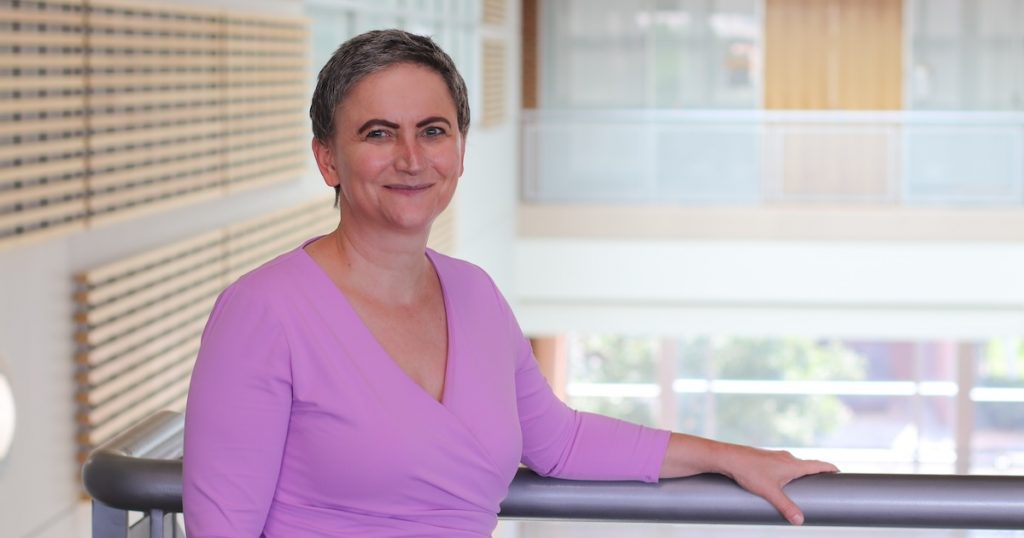The American Association for the Advancement of Science (AAAS) has named Michela Täufer, a Min H. Kao Department of Electrical Engineering and Computer Science professor, an AAAS Fellow. She is being honored for her “distinguished contributions to high-performance computing, particularly enabling trustworthiness to bridge computational and experimental research across scientific domains.”
“This achievement reflects the breadth of my contributions to the field of high-performance computing and the recognition my work has received within the scientific community,” Taufer said.
About the American Association for the Advancement of Science
Every year, the AAAS Council elects members to become AAAS Fellows whose efforts have been scientifically or socially distinguished. AAAS emphasizes that the council elects fellows carefully and deliberately to preserve the honor attached to the recognition.
AAAS is one of the world’s largest scientific societies and a publisher of the Science family of journals. With members from more than 91 countries, membership is open to anyone who shares AAAS goals and the belief that science, technology, engineering, and mathematics can help solve the challenges the world faces.
Täufer’s Research and Achievements
“Throughout my career, I have worked with domain scientists in a variety of fields to enable real-world scientific discovery,” said Täufer. “My work has enabled multidisciplinary scientific discovery across various research domains, including seismology, soil moisture dynamics, particle physics and astrophysics, and molecular dynamics.”
Täufer’s work has involved developing computational methods to study the RNA in the Nodamura virus replication; being one of the leaders on the team developing the Quake-Catcher Network (QCN) project; and helping to develop a workflow for predicting low-resolution soil moisture trends from satellite data and terrain parameters.
“Along with my group at UT, the Global Computing Laboratory, I develop algorithms that not only increase the accuracy of simulations but also ensure they can be validated and replicated,” Täufer said. “This work is crucial for the progress of science, from understanding molecular interactions in drug design to predicting climate change through the study of soil moisture patterns over the years.”
Other achievements of Täufer’s include her role as general chair of the IEEE/ACM Supercomputing Conference in 2019, being editor-in-chief for Future Generation Computer Systems. She’s also won prestigious awards such as the IEEE R&D 100 Award, the IBM Faculty Awards in 2019 and 2021, and the IEEE Technical Community on Parallel Processing Outstanding Service and Contribution Award.
When it comes to Täufer’s current research and field advancements, she said, “I’m particularly excited about the advancements in artificial intelligence and machine learning algorithms that can be integrated with high-performance computing. This integration can dramatically enhance our ability to analyze large datasets and improve the accuracy of our simulations. The intersection of these technologies is poised to revolutionize fields like drug discovery, environmental science, and materials engineering.”
Contact
Lilly Tran (tce@utk.edu)
